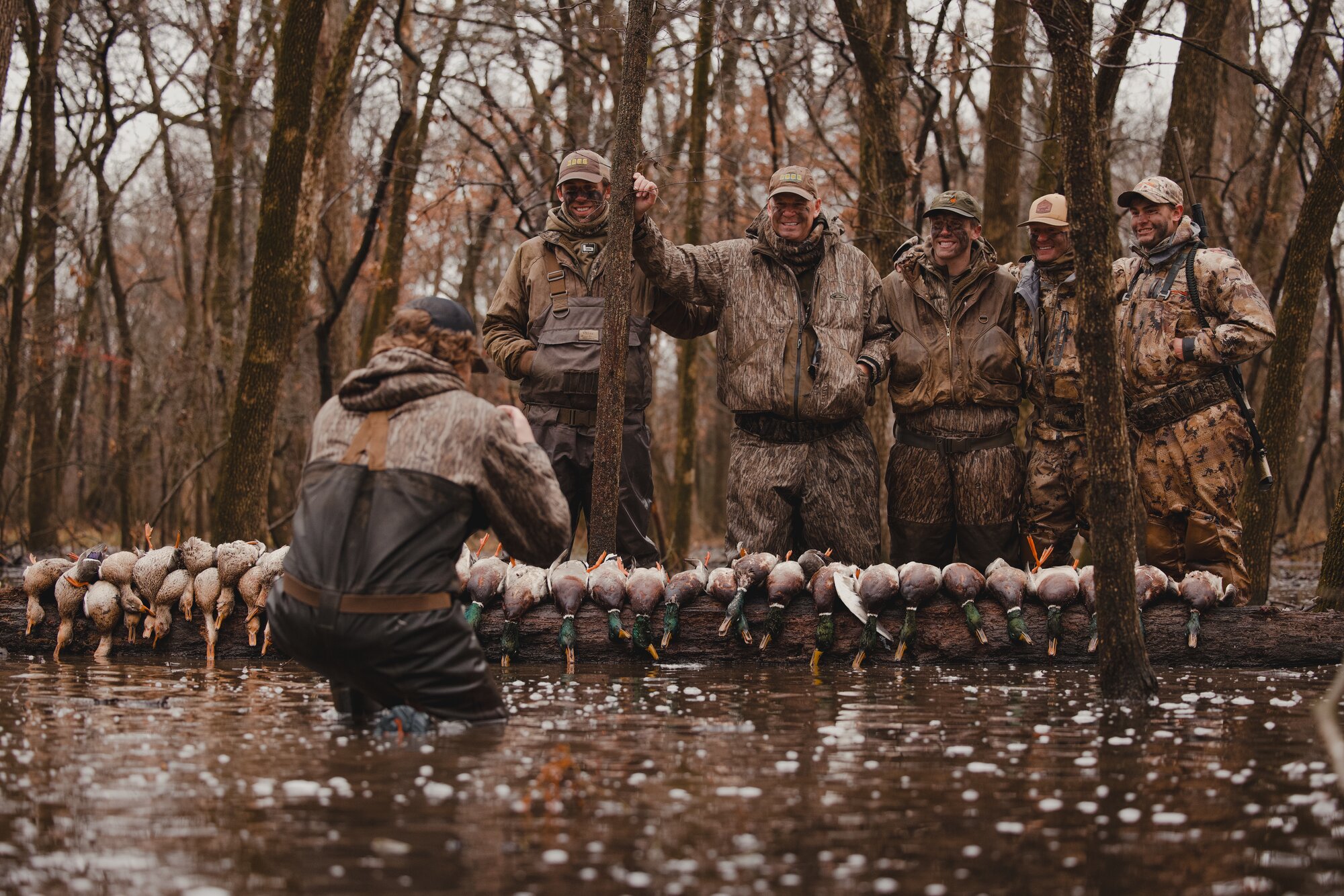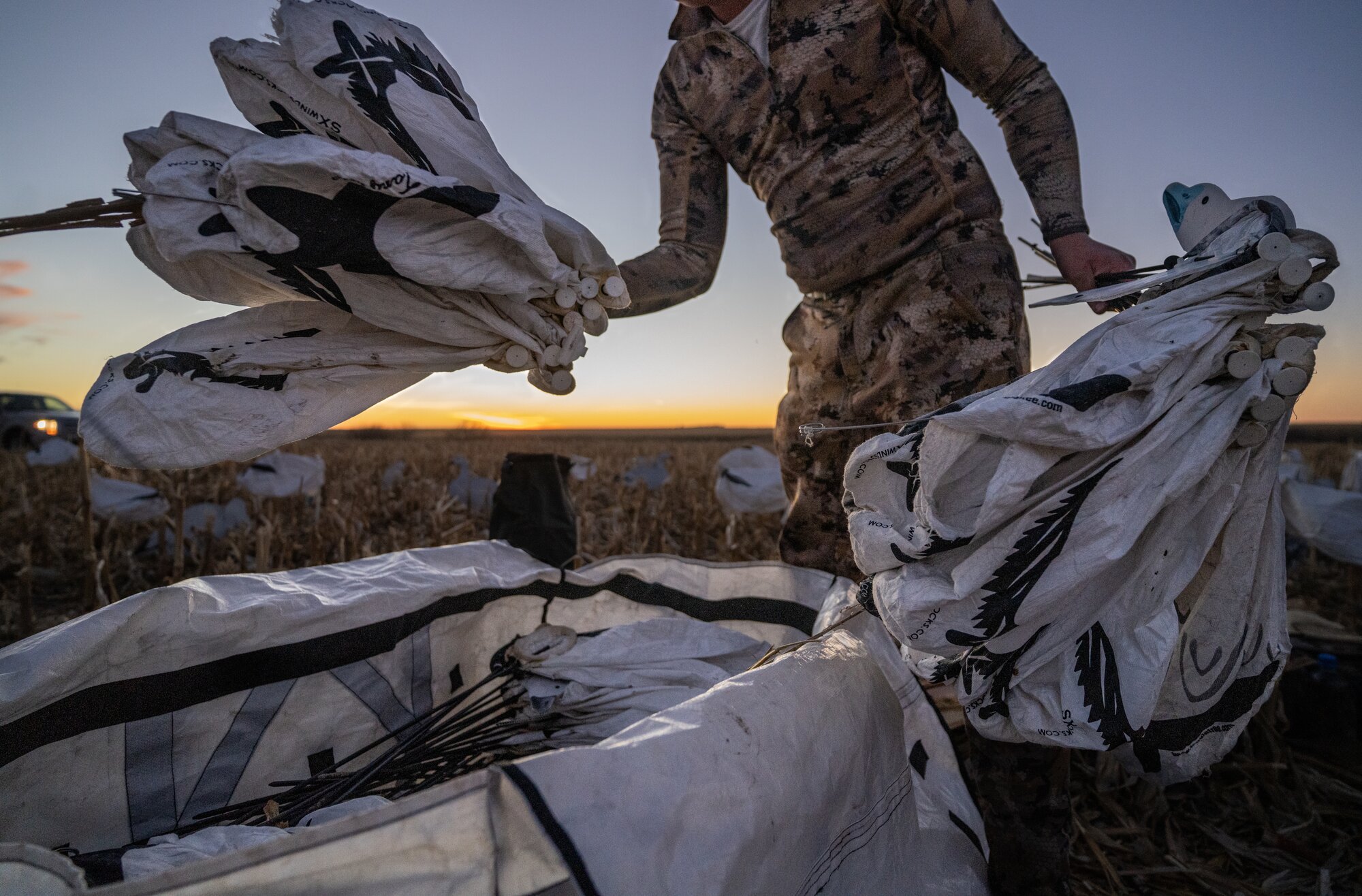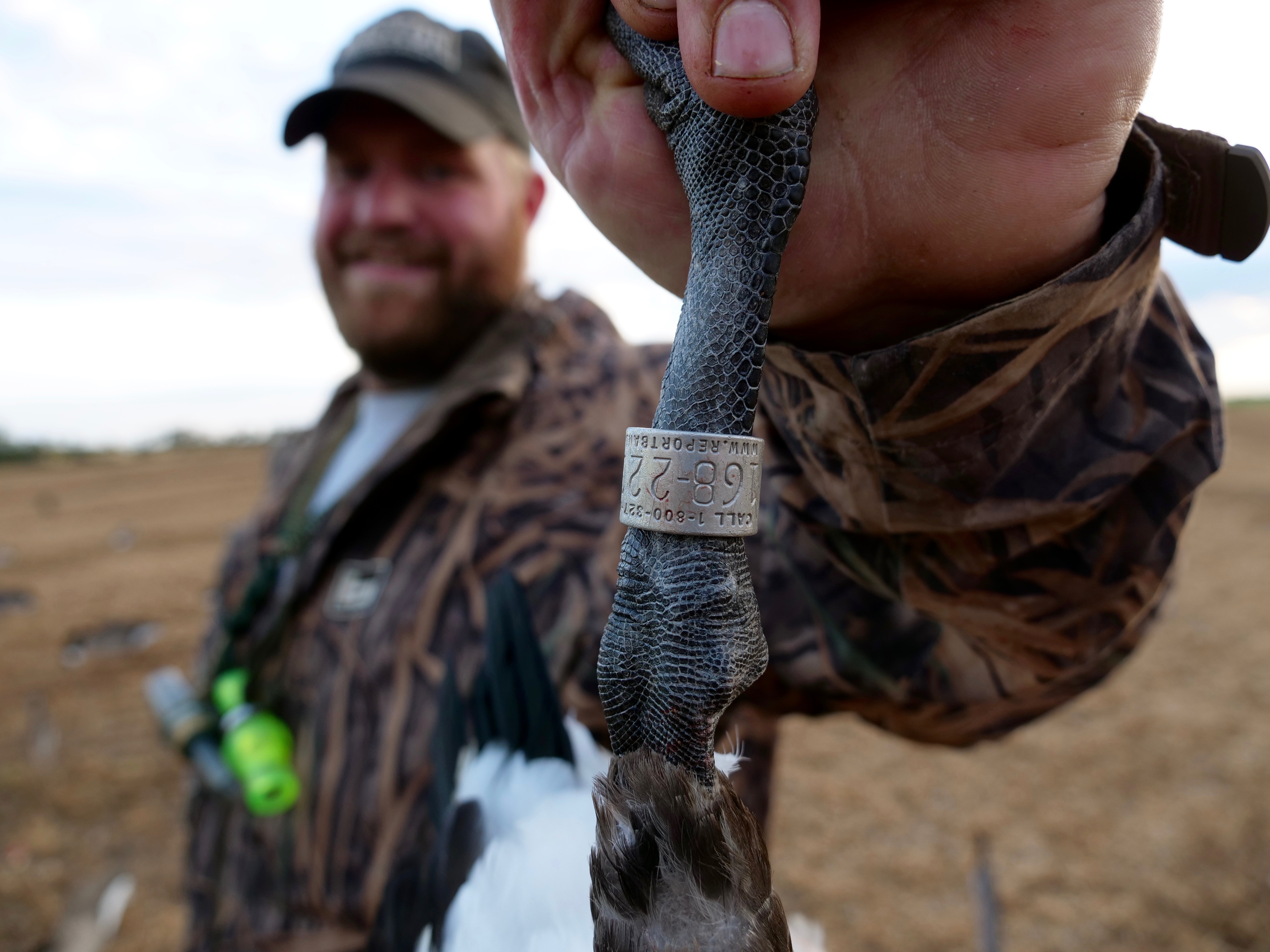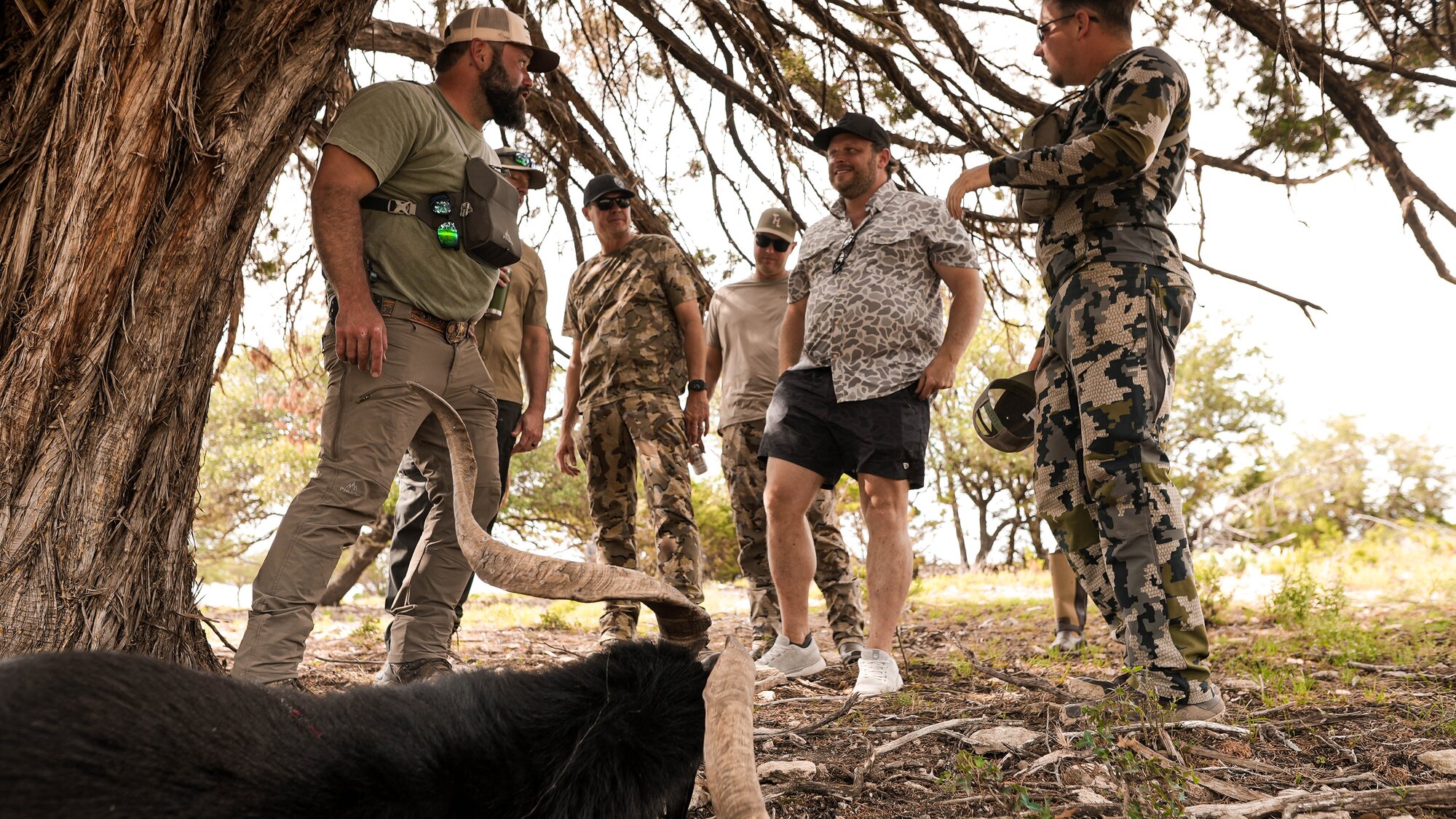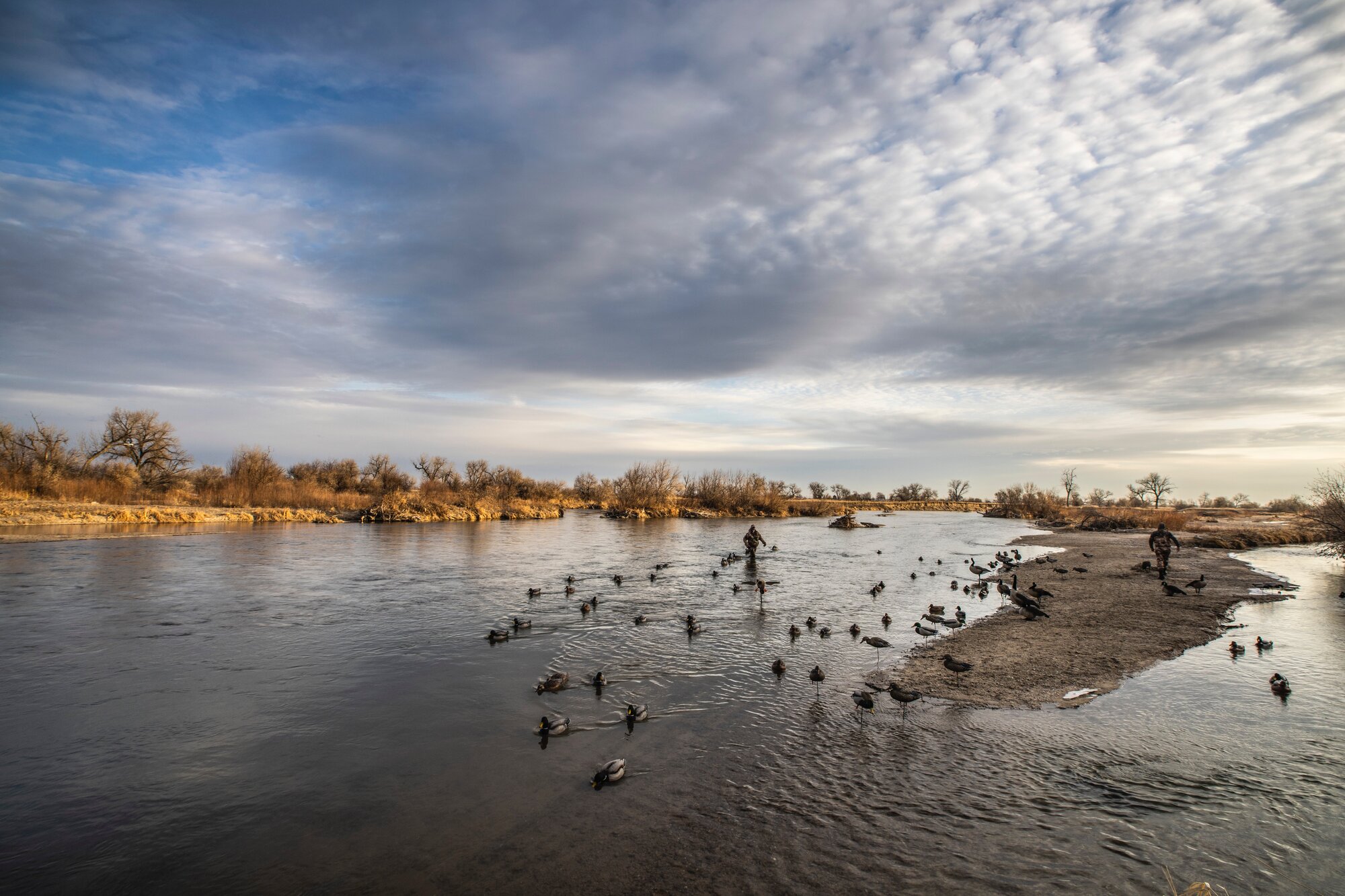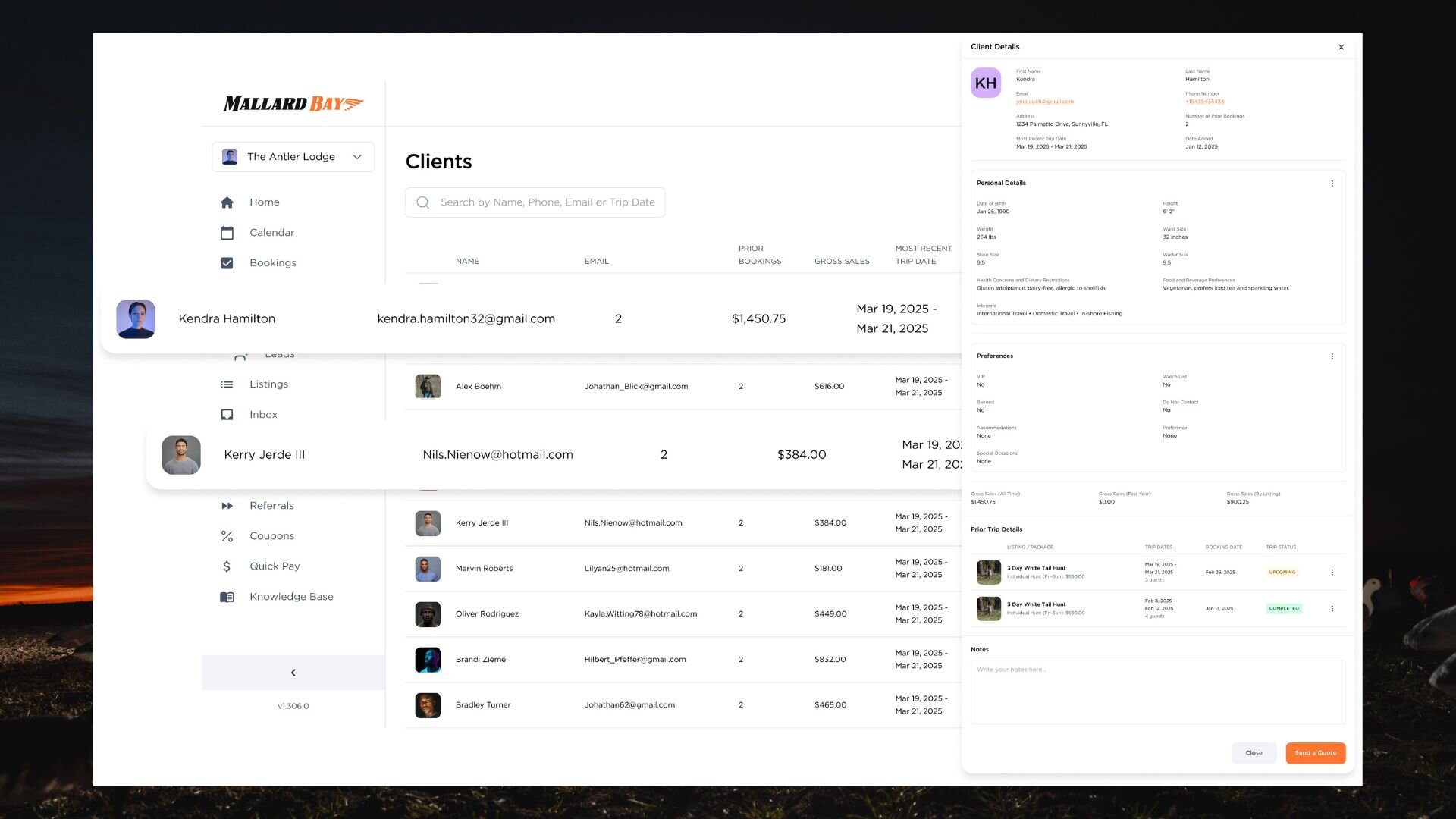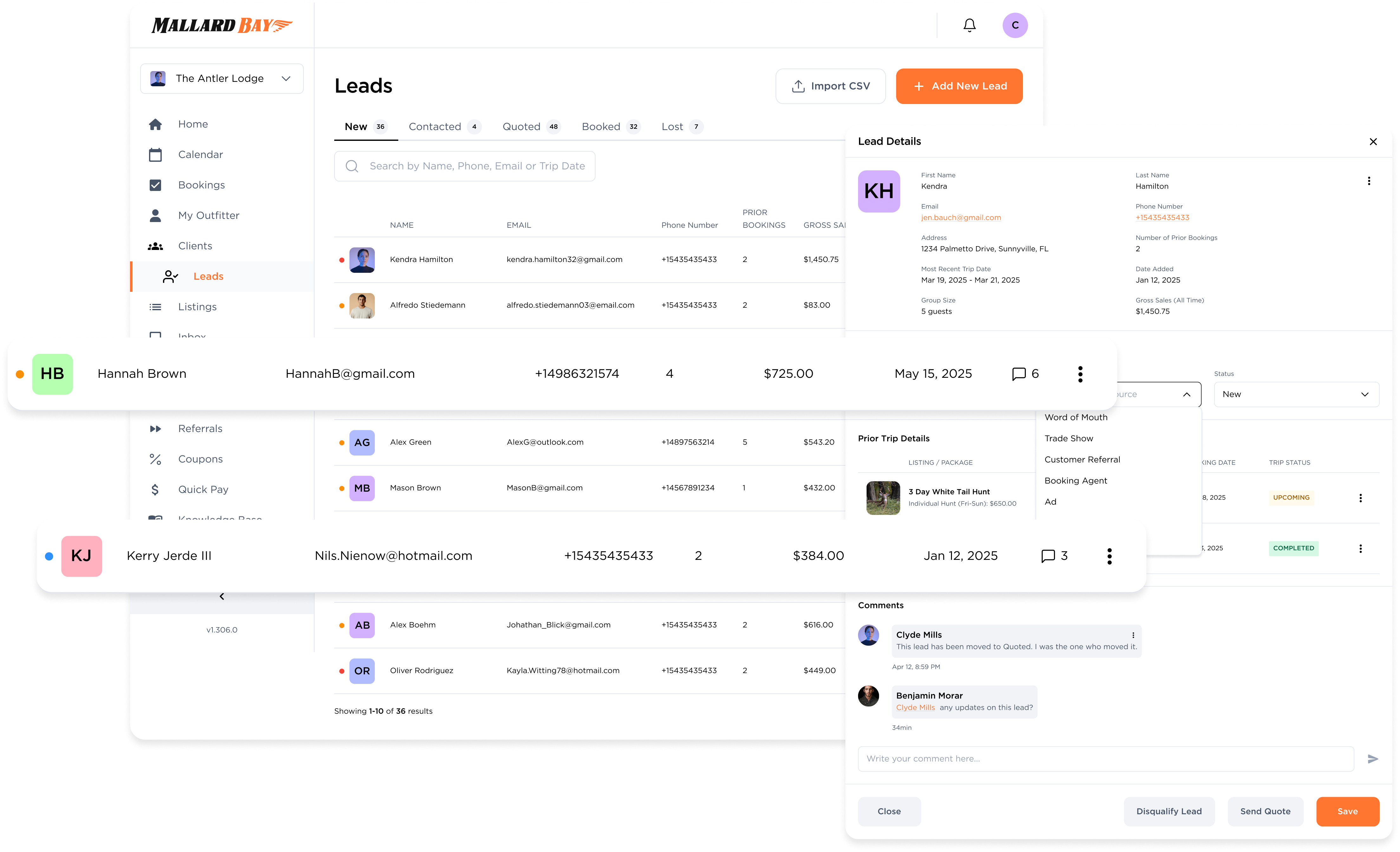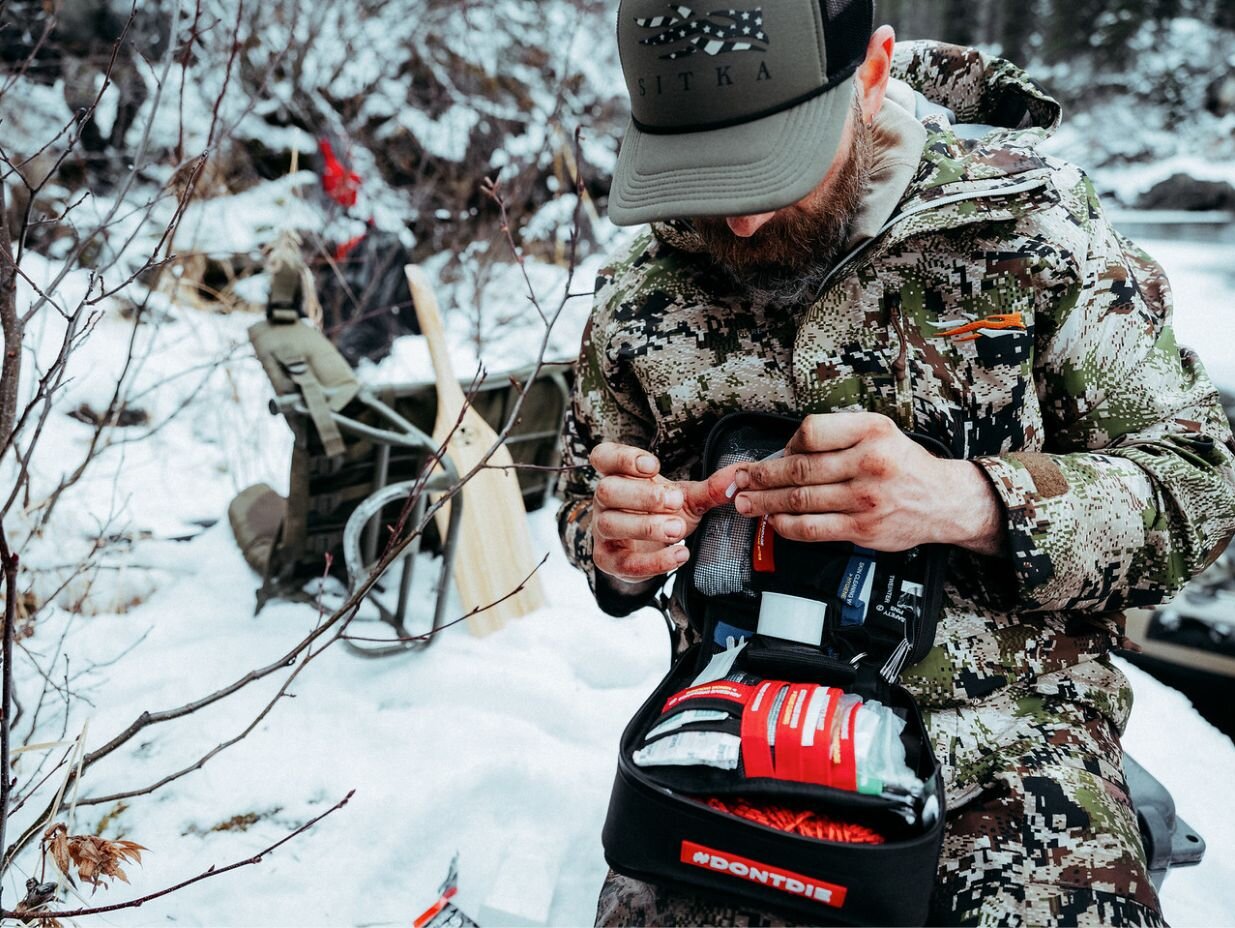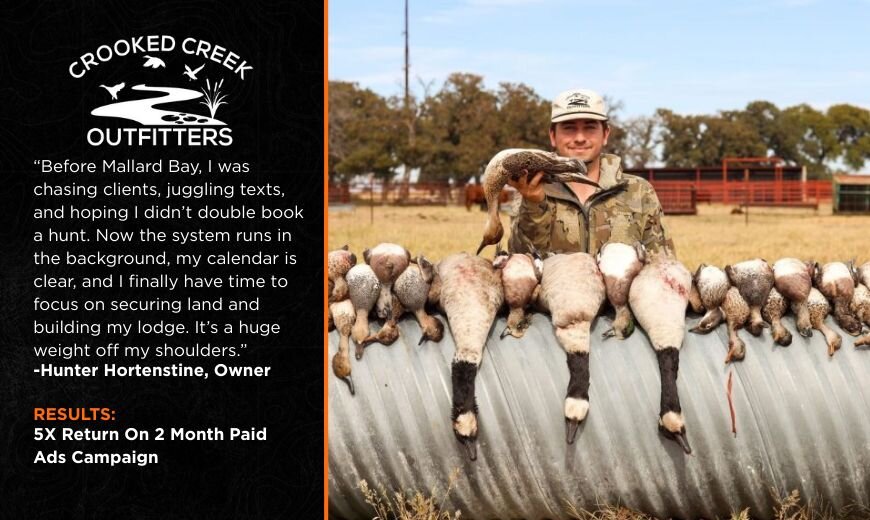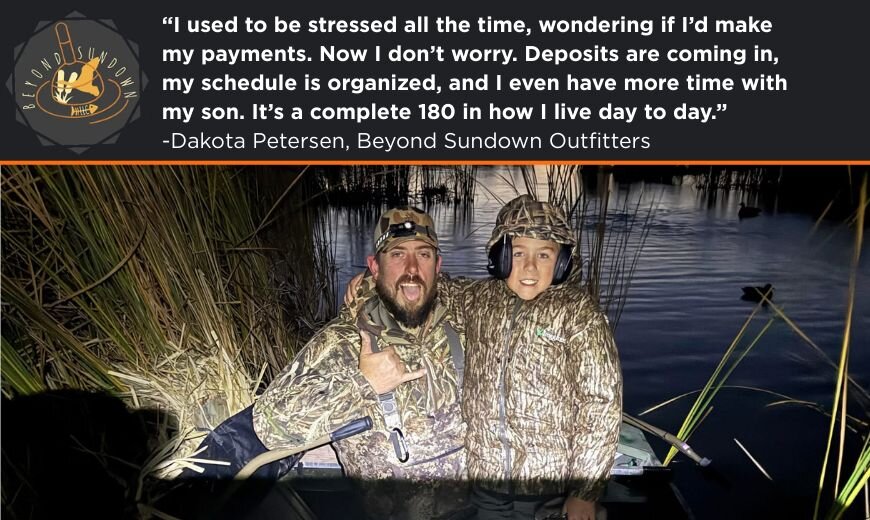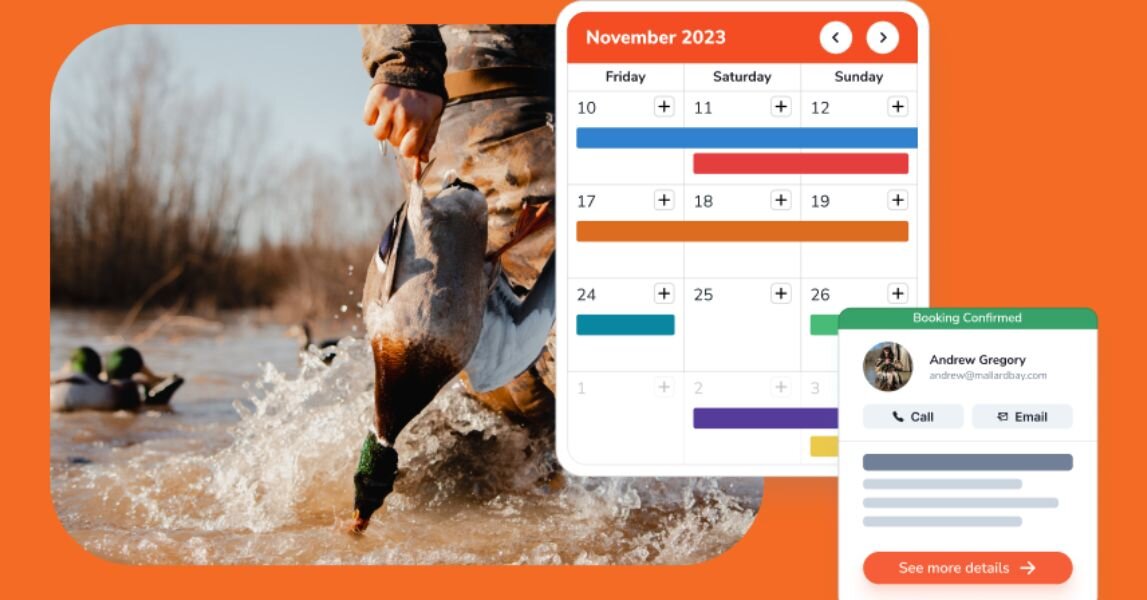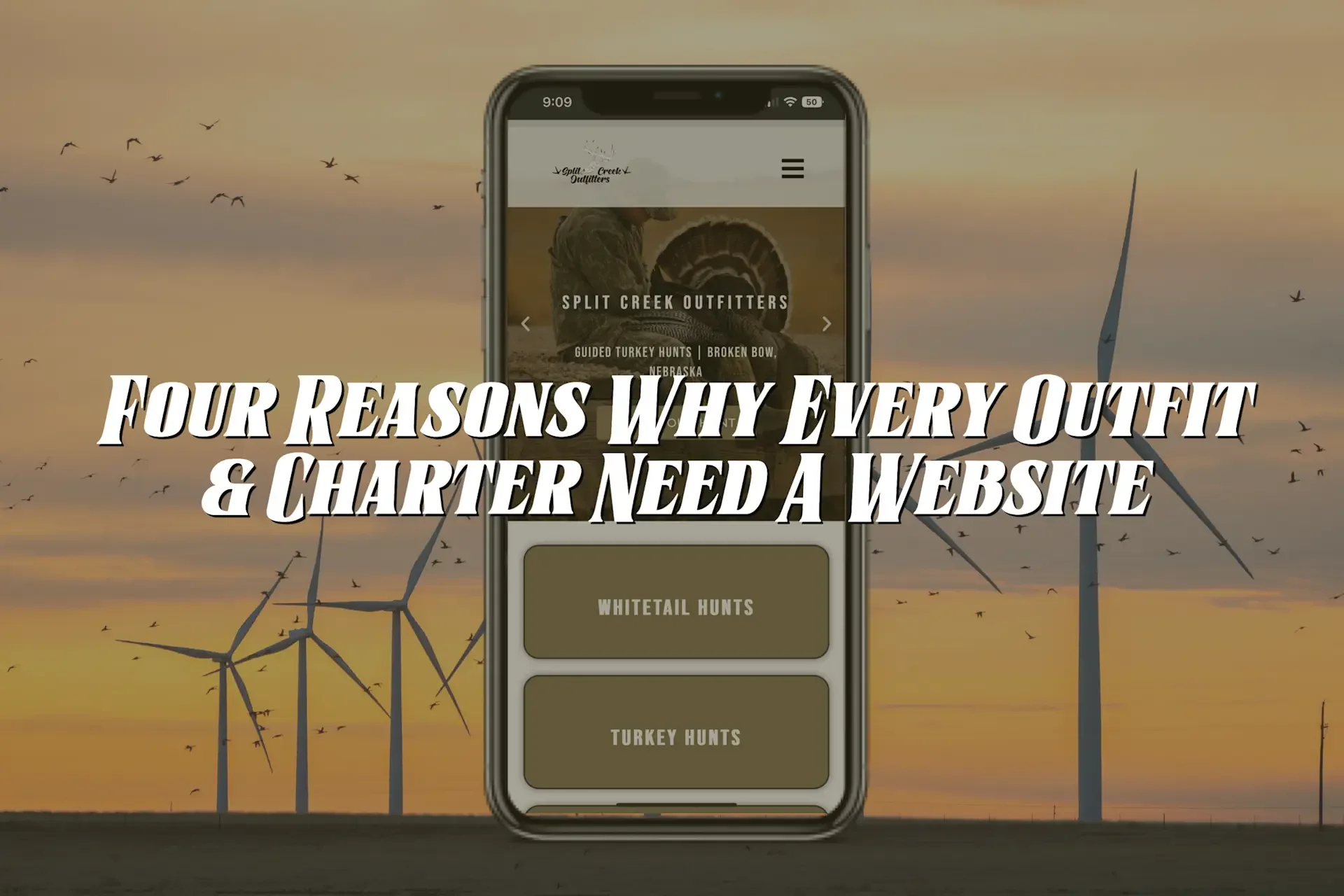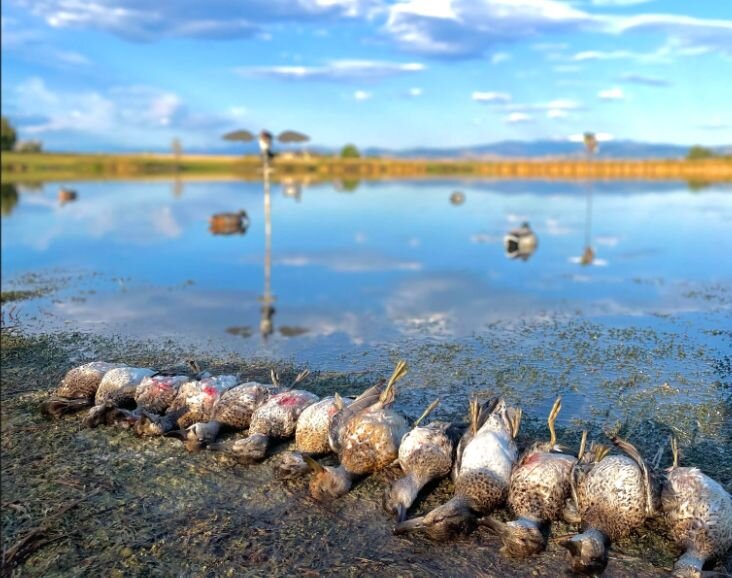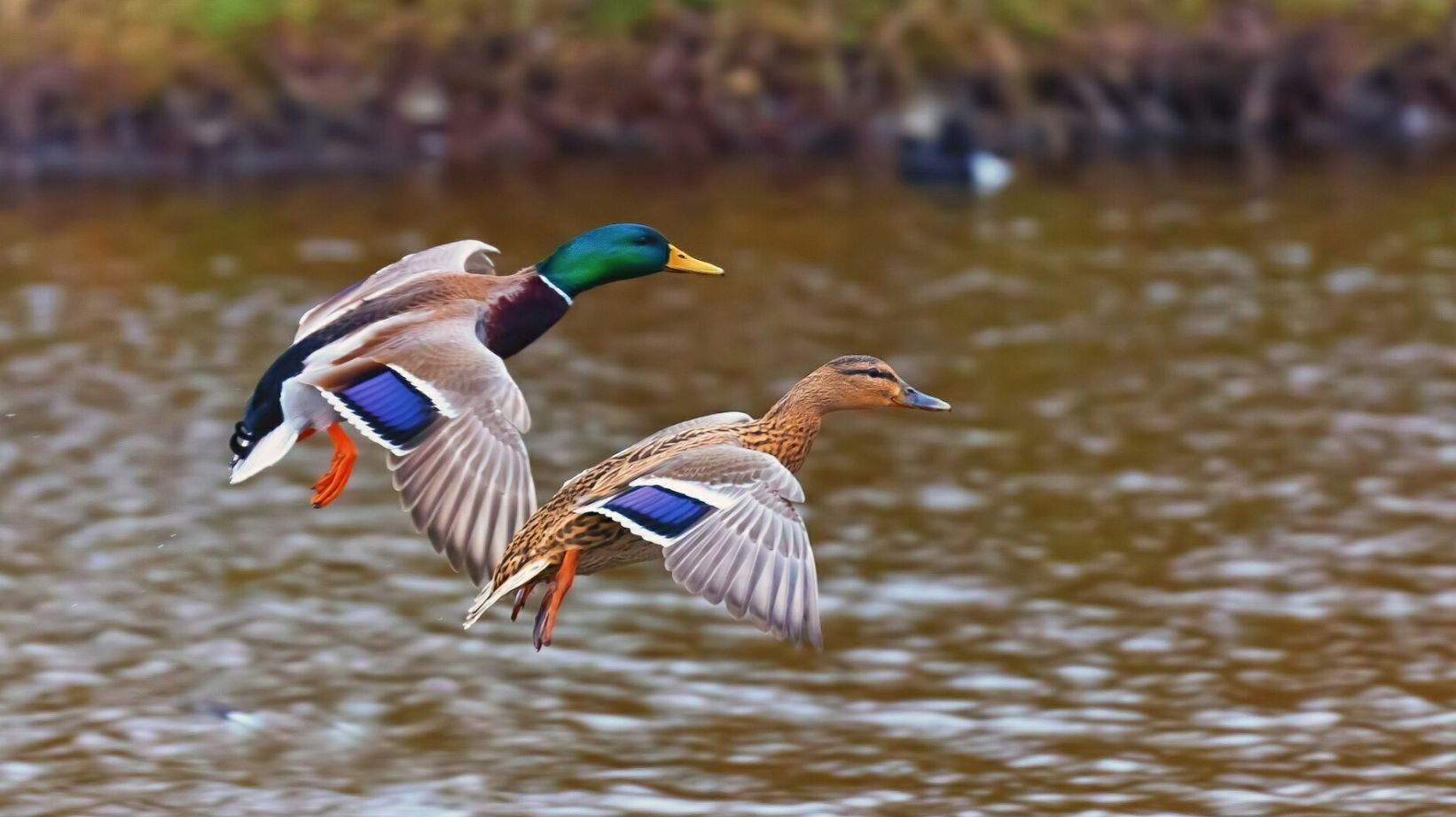Waterfowl Hunting in Canada: What American Hunters Need to Know
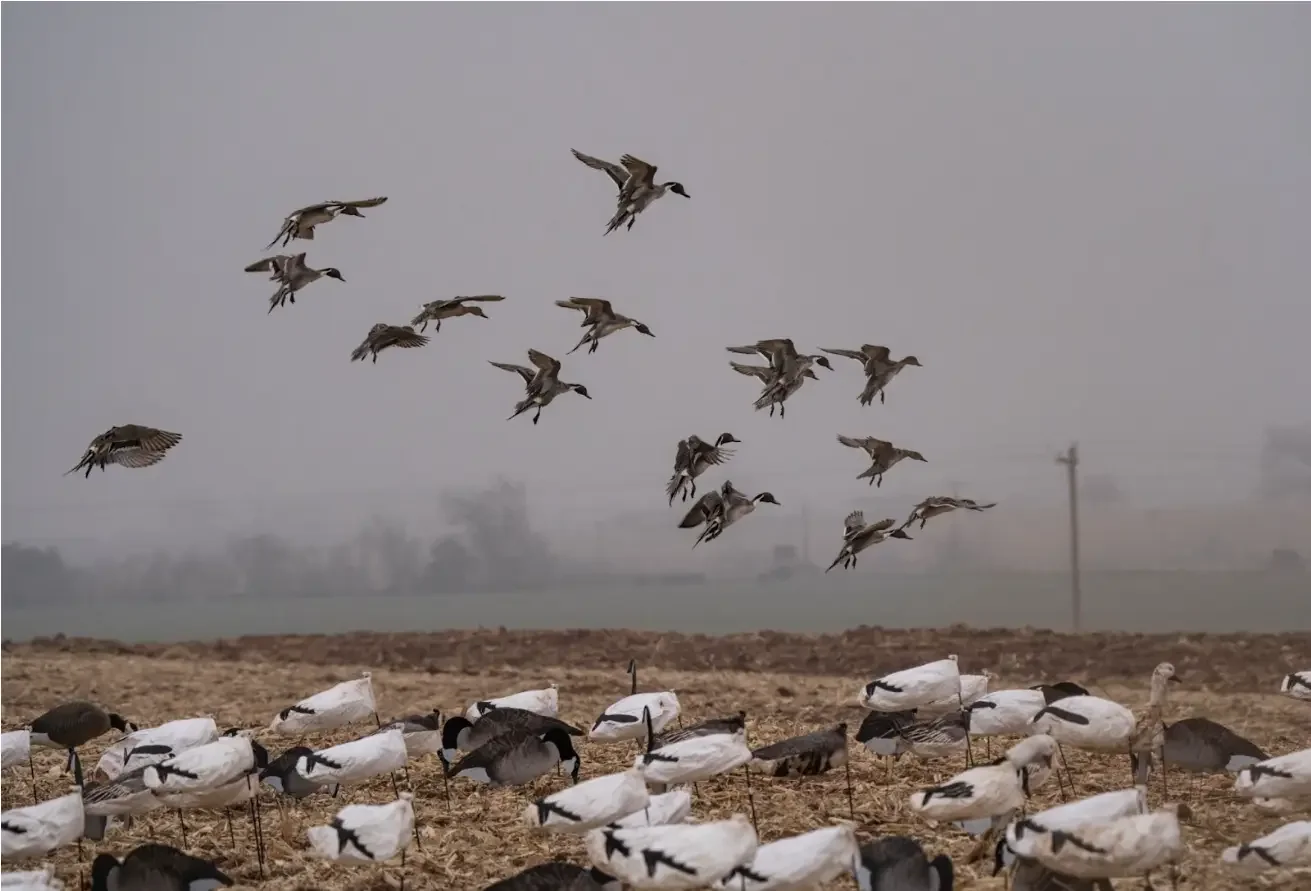
Anna Richardson
· 3 min read
Share this article
Waterfowl hunting in Canada has long been a popular destination for American hunters looking to experience the thrill of the hunt in our northern neighbor's beautiful landscapes. Recently, there have been several changes to rules, regulations, and other factors affecting waterfowl hunting in Canada. In this blog post, we will cover these topics, including new hunting regulations, the avian flu outbreak, and foreigner hunting laws. We will also provide essential information for our American hunters to stay informed and have a great hunting experience with our amazing Canadian outfitters for the ‘23-’24 waterfowl season.
New Rules and Regulations
In response to concerns about the impact of American hunters on local waterfowl populations, the Canadian government has introduced new regulations for non-resident hunters. These changes are designed to ensure sustainable hunting practices and protect Canada's wildlife resources. Some key points of the new regulations include:
Reduced bag limits for American hunters: Non-resident hunters will now face lower daily bag limits for certain waterfowl species, including ducks and geese. This aims to balance hunting opportunities between Canadian and American hunters while preserving waterfowl populations.
Licensing and permits:
All non-resident hunters must now obtain a federal Migratory Game Bird Hunting Permit and a provincial or territorial hunting license. These documents are crucial for legal hunting in Canada and must be presented upon request by enforcement officers.
Reporting requirements:
Hunters are now required to report their hunting activities and harvest information. This data will help wildlife managers better understand the impact of hunting on waterfowl populations and make informed decisions about future regulations.Avian Influenza Outbreak
The recent avian influenza outbreak has had a significant impact on waterfowl hunting in Canada. To prevent the spread of the disease, Canadian authorities have imposed restrictions on importing game bird meat from affected areas. Hunters should be aware of these restrictions and follow guidelines provided by the Canadian Food Inspection Agency to ensure they don't inadvertently contribute to the spread of the virus.
Foreigner Hunting Laws
Canadian foreigner hunting laws have undergone several changes in recent years. American hunters should familiarize themselves with these updates, including the following:
Age restrictions:
Non-resident hunters under 18 years of age must be accompanied by a parent, guardian, or an adult who holds a valid hunting license.
Hunter education:
All non-resident hunters must possess a valid hunter education certificate from their home country. This requirement ensures that foreign hunters are aware of responsible hunting practices and can contribute to the conservation of Canada's wildlife resources.
Firearms regulations:
Non-resident hunters must comply with Canadian firearms laws, including obtaining a Non-Resident Firearm Declaration form and, if required, a Temporary Firearms Borrowing License.USDA-APHIS Reversal of Regulations
In a victory for American hunters, the United States Department of Agriculture's Animal and Plant Health Inspection Service (USDA-APHIS) recently reversed certain regulations on importing waterfowl from Canada. The move came after advocacy efforts by organizations such as Delta Waterfowl, which argued that the original regulations were overly restrictive and unnecessary. The reversal will make it easier for American hunters to bring home their waterfowl trophies and share their hunting experiences with friends and family.
With the ‘23-’24 waterfowl hunting season approaching, it's crucial for American hunters to stay informed about the latest news and regulations in Canada. By understanding and adhering to these new rules, you can help ensure a sustainable and enjoyable hunting experience for all. Remember to book your next hunting adventure with our amazing canada outfitters for this upcoming season - You won’t want to miss it.
